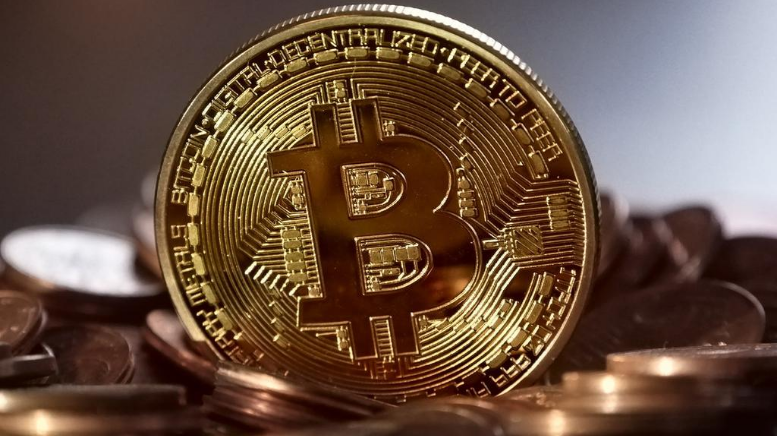Will Crypto Surpass Gold as a Reserve Currency?

Gold has been the world’s standard reserve currency for hundreds of years. Even as the world has moved to fiat currency, governments and investors alike still look to gold as a reliable alternative. Given recent volatility, though, it may be crypto’s chance to step in as a different, perhaps more secure option.
On Tuesday, August 11, gold experienced its largest one-day drop in seven years. Prices per ounce fell by 4.7% between Monday and Tuesday, bringing them down from above $2,000 to $1,932.28. This recent drop isn’t the only problem that the precious metal has on its hands, either.
Today’s transactions happen so fast and so frequently that gold transfers can’t keep up. It’s easy enough to transfer tokens representing gold from nation to nation, but moving the actual gold reserves presents a challenge. In the face of these issues, cryptocurrency may provide a solution.
Is Cryptocurrency Less Volatile Than Gold?
Crypto and gold share many similarities, especially in how they compare to fiat currency. Both lack the volatility of fiat currency due to their limited supply, for instance. Gold may not be able to sustain modern markets, though, whereas crypto was born out of the internet age.
Since crypto payments utilize blockchain technology, transaction speed isn’t an issue. Some cryptocurrencies also have measures in place, like Bitcoin halving, that proactively defend against inflation, helping them remain more stable. Still, crypto does have some issues with volatility that gold doesn’t.
Crypto markets are substantially smaller than traditional ones, so small movements have a more significant effect. With such a minuscule market, changes in demand affect the value of crypto more heavily. An alternative may be gold-backed crypto, which might offer the best of both worlds.
With gold-based cryptocurrencies, like the recently-launched Tether Gold, tokens represent an amount of gold instead of representing themselves. The value of physical gold anchors these cryptocurrencies, making them less volatile, while they still offer the speed and security of the blockchain. At the same time, if the value of gold fluctuates, it would cause these cryptocurrencies to shift as well.
Crypto Technologies Gaining Legitimacy
The most substantial barrier to crypto becoming a publicly-accepted reserve currency is its perceived legitimacy. In the past, the public has been distrusting of crypto, but that’s starting to change. More noteworthy people, organizations, and countries are starting to dive into crypto and blockchain.
Several financial giants, like Goldman Sachs and Bank of America, have started using blockchain technology. They may not be using crypto, but accepting crypto’s underlying technology is a substantial step forward. If nothing else, it brings them one step closer to cryptocurrency.
In Venezuela, the public turned to cryptocurrency when the nation’s fiat currency caused a crisis. As inflation rose to around 2,616%, businesses started accepting Bitcoin as an alternative. This real-world example of how crypto can act as a reserve currency could inspire countries to make that switch on a national level.
Crypto Still Has a Ways to Go, But the Future is Promising
Cryptocurrency is still a long way from becoming globally accepted as a reserve currency. Too many people, especially governments, are too distrusting. Despite these obstacles, though, recent events paint a positive picture of crypto’s future, especially as traditional systems fail.
With faith in fiat currency falling and gold prices fluctuating, crypto stands as a promising alternative. The world won’t switch to crypto immediately, but changes are likely to start taking place soon.
This article was curated through CryptoCurrencyNews’ Contributor Program. If you would like to write for us, send us your submission!
Featured image: Pixabay